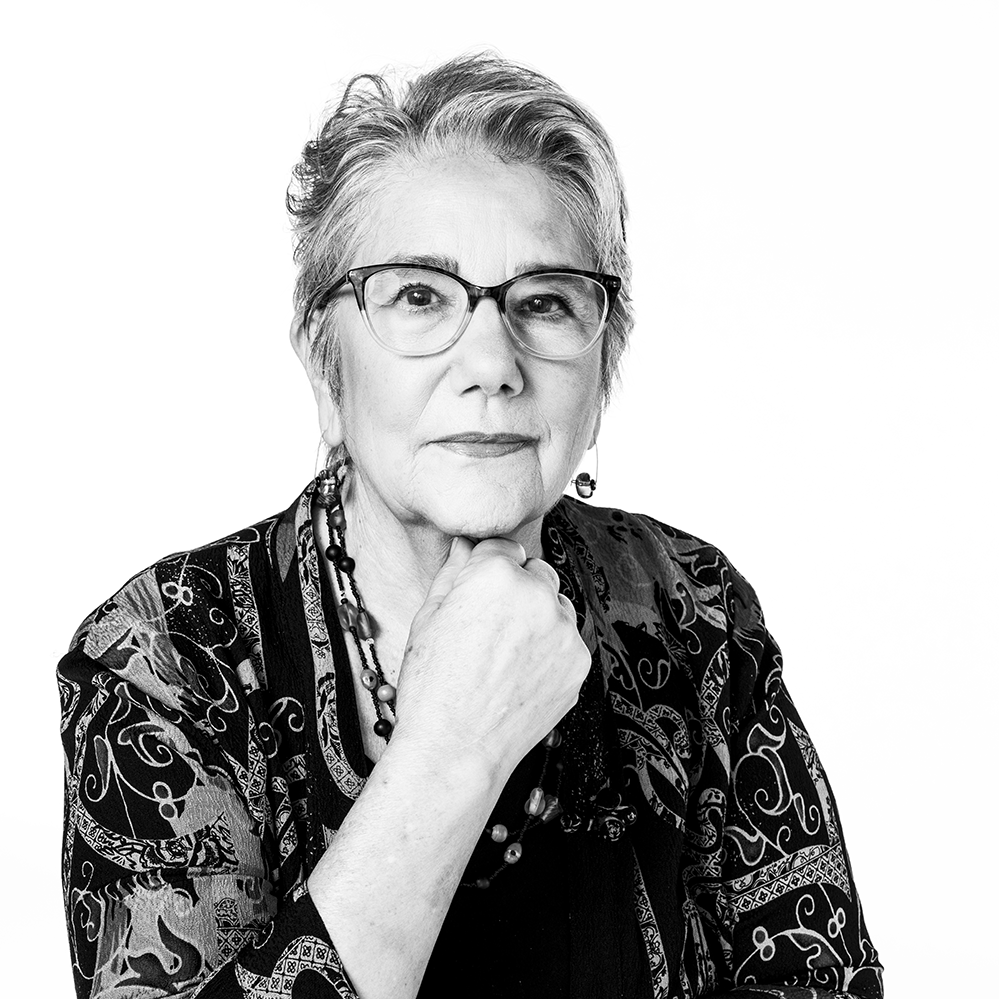smegma (noun) – smeg-ma. Smegma is a combination of shed skin cells, skin oils, and moisture. It occurs in both male and female. In female bodies, it collects around the clitoris and in the folds of the labia minora; in males, smegma collects under the foreskin. From Ancient Greek (smegma).
Yes! That’s right. Smegma was recognized by the Ancient Greeks (who had a sophisticated understanding of the body and abhorred circumcision) as a beneficial, cleansing substance. That white stuff that builds up in our genitals — under the foreskin in intact males, and around the clitoris in intact females — is as natural as the saliva in your mouth. And just as helpful!
Like saliva, smegma serves important functions. Fresh smegma is smooth and moist. In adult men, it helps to keep the foreskin and the head of the penis soft, and eases intromission (insertion) during sex. Understanding this makes it easy to see why men who are missing their foreskins need to use lubricants for both masturbation and sex. And it makes it easy to understand why partners of circumcised men sometimes complain of pain and dryness during intercourse.
Circumcision removes nature’s perfect lube — forever!
Smegma also keeps the penis and clitoris from adhering (sticking) to the adjacent skin. Of course, in baby boys, the foreskin is naturally attached to the head of the penis — that’s for protection, too. As the foreskin begins to separate from the glans, smegma sometimes appears in the form of pearl-like lumps (some people call them “smegma pearls”) underneath the foreskin, This is perfectly normal, and no intervention is required — in fact, nobody should forcibly retract a child’s foreskin for any reason; the pearls will dissolve as the foreskin completes its separation. Smegma will then take over to do its important work!
Just as no special care or attention is required for an intact baby, nothing special is needed to keep an adult’s genitals healthy. Again, nature’s best rinsing agent — plain old water (with a natural mild, unscented soap, if you wish) will take care of any build-up of smegma or any odor you might find offensive.
Here’s something else to think about. Scientific research has shown that bodily secretions popularly thought to be an unpleasant nuisance actually have disease-fighting properties. A study published in 2016 found that nasal mucous contains a natural antibiotic substance (called lugdunin), which is uniquely effective in fighting drug-resistant staph infections. Another natural substance that fights infection is Lysozyme, a crystalline, basic protein present — among other places — in human saliva and tears, where it functions as an antibacterial enzyme. Isn’t it likely that smegma also fights infection? Could this help to explain lower rates of STDs in Europe, where relatively few men are circumcised, compared to the United States, where 75-80 percent of adult men are missing their foreskins and the natural protection it offers? Let’s hope that future research will explore this question. Sometimes the facts are right under our noses — or under our foreskins!
(This article is a slightly revised version of an earlier “Do You Know…?” published in the Intact America newsletter in October 2016.)





